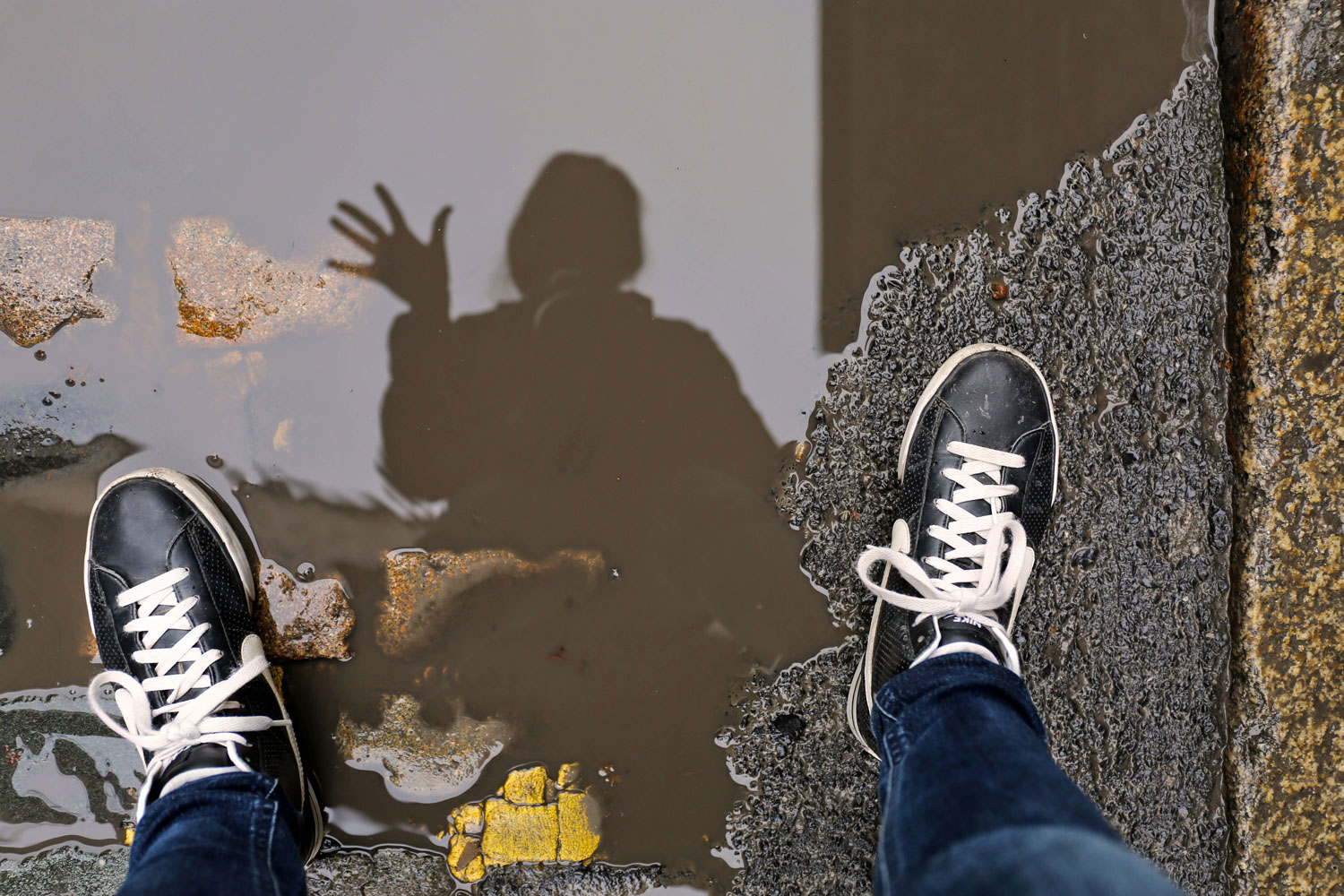
032 – Tiemchungmorong Sneakers Store - nike sweet classic high sneakers shoes images Essential Black White Dark Grey Shoes Best Price 537384 - nike sweet classic high sneakers shoes images

Amazon.co.jp: Nike CZ0294 001 WMNS Court Legacy CNVS Women's Sneakers, Black/White : Clothing, Shoes & Jewelry

Nike Men's Sweet Classic Leather Casual Shoe | Amazon price tracker / tracking, Amazon price history charts, Amazon price watches, Amazon price drop alerts | camelcamelcamel.com

The best sneakers I've ever worn are the perfect inspiration to NOT BUY ANYTHING AT ALL this Black Friday – for the love of nike

Nike Sweet Classic Black Ankle Length Sneakers Price in India- Buy Nike Sweet Classic Black Ankle Length Sneakers Online at Snapdeal

Amazon.com | Nike Men's Court Legacy Tennis Lace Up Casual Shoes, Black White, 9.5 | Tennis & Racquet Sports














